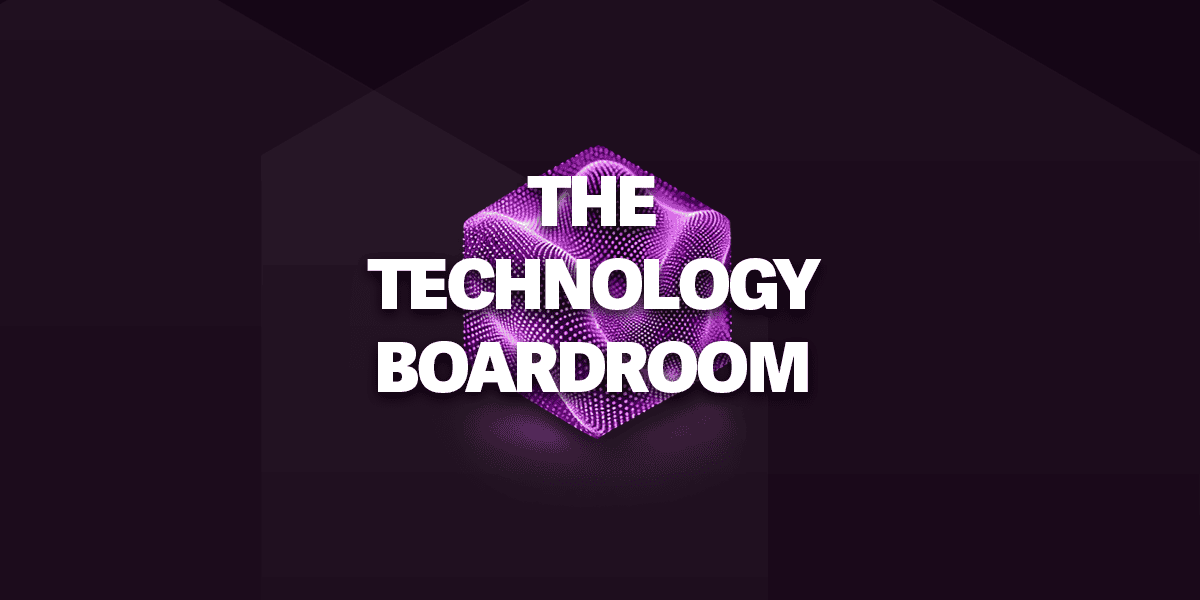In “Latest trends in ERP technology”, our experts delve into the ever-evolving landscape of enterprise resource planning (ERP) tools and how they can make or break your organisation’s efficiency and operations.
ERP systems are the backbone of many organisations, streamlining core business processes from finance to supply chain management. With the rapid advancements in technology, staying updated on the latest trends is crucial for businesses aiming to maintain a competitive edge.
Meet the Boardroom
Before we dive into this week’s conversation, here are your episode experts:
- Rob Smith: Rob is the Partnerships Director at Advania. He ensures that all partner relationships are optimised to deliver maximum value to clients.
- Oliver Wall: Oliver is the Lead Operations Consultant within the Business Applications team at Advania. His extensive experience in managing operational modules within business applications makes him a key voice in our episode.
- Kate Hutchinson: Kate is the Head of Dynamics at Advania, overseeing a team of consultants who implement ERP and CRM systems. Her deep understanding of these systems provides valuable insights into the current trends and future directions of ERP technology.
Journey through ERP technology history
Our episode begins with a nostalgic look back at the days when learning to use an ERP system could consume your first week in a new role. Rob takes us back to the monolithic screens and endless menus that were once the norm earlier in his career, setting the stage for a discussion on how far user experience has come, making ERP systems more intuitive and user-friendly.
The shift from on-premise to cloud
One of the most significant recent trends in ERP technology is the shift from on-premise to cloud-based solutions. Oliver highlights that while the majority of ERP systems are now cloud-based, there are still some instances where on-premise solutions are necessary, particularly due to legislative reasons or specific business needs. Kate adds that the pandemic has accelerated the adoption of cloud solutions, emphasising the improved accessibility and efficiency they offer.
AI: the ERP game changer
A recurring theme throughout the discussion is the transformative potential of artificial intelligence (AI) in ERP systems. Kate talks about how AI is being integrated into ERP systems to enhance functionality and efficiency, with one example being how AI can now read customer emails and generate quotes automatically, significantly reducing manual effort.
Oliver predicts that AI will revolutionise ERP systems, much like the shift to cloud computing did, by offering capabilities that were previously unimaginable – with a stark warning that business who don’t embrace and adapt these new opportunities risk being left behind.
Third-party integrations and customisations
Our experts also touch on the critical role of third-party integrations and customisations in ERP systems. While ERP systems provide a generic framework, third-party solutions and customisations help tailor the system to specific business needs.
However, Oliver notes that as ERP systems evolve, the reliance on third-party solutions may decrease, particularly with advancements in AI and cloud technology.
Trends in user experience
User experience is a paramount consideration in ERP system design. Kate discusses how modern ERP systems offer custom dashboards tailored to specific roles within an organisation and how this personalisation ensures that users have immediate access to the information they need, enhancing efficiency and productivity.
You’ll also hear how the familiarity of modern ERP interfaces, designed to resemble commonly used applications like Outlook and Excel, reduces the learning curve for new users, providing both cost- and time-saving on training and a more fluid and familiar environment for personnel.
Data utilisation and reporting
Effective data utilisation is crucial for making informed business decisions and the discussion highlights the importance of robust reporting and analytics capabilities in ERP systems.
Kate emphasises that reporting should not be an afterthought but rather a core component of ERP implementation. With tools like Power BI and AI-driven analytics, businesses can gain deeper insights into their operations and make data-driven decisions.
The future of ERP: AI and beyond
As we look to the future, AI emerges as the most significant trend poised to reshape ERP technology. Oliver envisions a future where AI provides a competitive advantage by offering insights and capabilities that are beyond human reach. This shift will drive businesses to adopt AI-integrated ERP systems to stay ahead in the market.
Offering a balanced view, Kate stresses the importance of a solid ERP foundation, which will enable businesses to leverage future technological advancements seamlessly.
Get all the details on The Technology Boardroom podcast
Discover the transformative ERP technology trends that are shaping the future of businesses worldwide by listening to the full conversation with our experts, Kate, Ollie and Rob, on The Technology Boardroom podcast.










